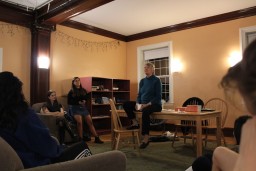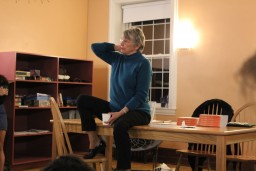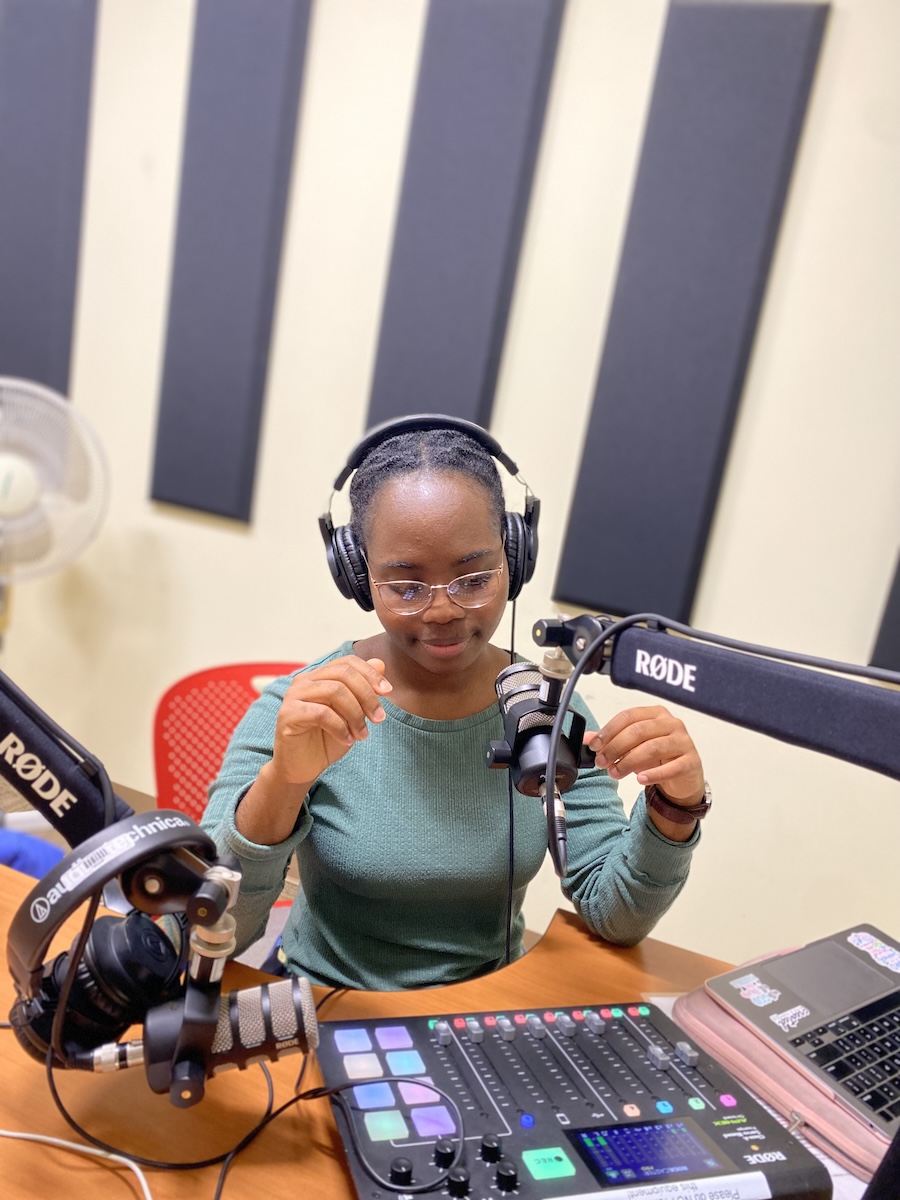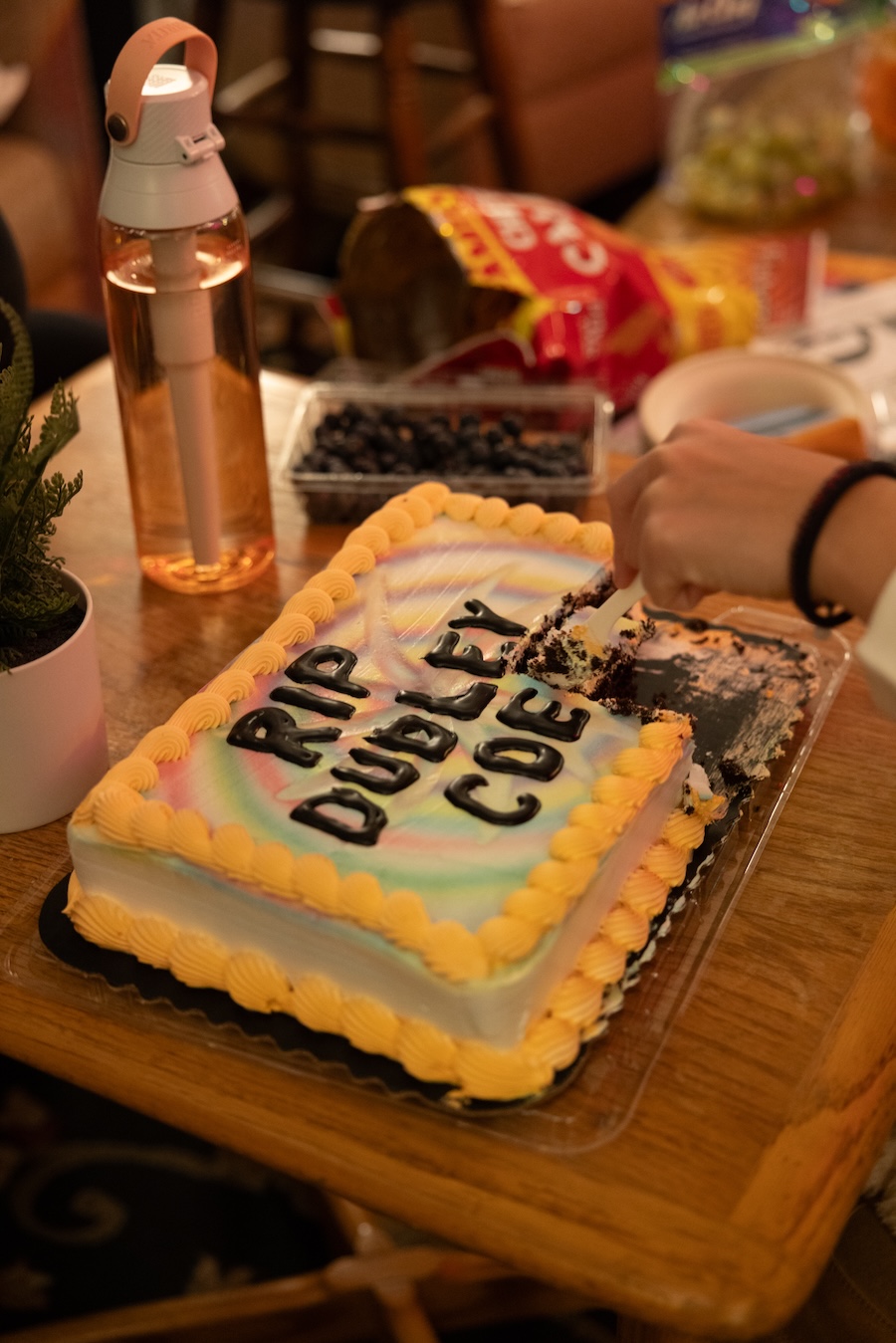Writer Lois Lowry Offers Advice to Students
By Katherine Churchill '16After writer Lois Lowry gave a talk in Kresge Auditorium and had dinner with a few students in Thorne Dining Hall, she made her way to Reed House, where she continued the question-and-answer session that had began in Kresge.
The first question from a student was, “What advice would you give to young writers?” Lowry recounted an email she had received the previous day (among the 50 to 60 that she receives daily) asking her to read a manuscript. She proceeded to note her distance from the publishing industry and reminded the listeners that, as an established writer, she is not engrossed in the day-to-day discussions of what it takes to get published. Lowry did remark that the publishing industry is becoming increasingly difficult to break into. However, she asserted that despite the mounting barriers to publication, writing for a career is not impossible. “If you love writing…you’re going to do it no matter what the prospects are,” she said.
Another attendee asked about Lowry’s relationship with her characters and her writing process. Lowry responded by recalling various times during her career that she had encountered hurdles and writer’s block. But she gave these struggles a positive spin: “The fun part of a book is figuring it out and making false starts,” she said. Lowry then discussed the inception of her idea for The Giver, for which she won the 1994 Newbery Medal. Lowry described becoming fascinated by human memory during her father’s struggle with dementia near the end of his life. She decided to write about “people who had learned to manipulate human memory,” saying of the community she imagined, “I wanted to seduce the audience…into thinking it was a good place.”
One of Lowry’s other listeners asked the author what she thought was important for writers to include in a children’s book. Lowry replied, “I can tell you what to leave out — moralistic lessons.” Lowry went on to assert that too many adults attempt to prescribe overly simplistic stories to children in order to indoctrinate them with values. Lowry promoted instead giving children rich, complex characters to engage with emotionally.
Dighton Spooner, associate director of Bowdoin Career Planning, asked Lowry the final question of the night. “When did you realize you’d found your life’s work?” Spooner inquired. Lowry answered, “I never wanted to be anything but a writer,” but she also acknowledged the financial necessity of her writing career at its beginnings.
Once the question-and-answer session was finished, Lowry signed copies of her books.





